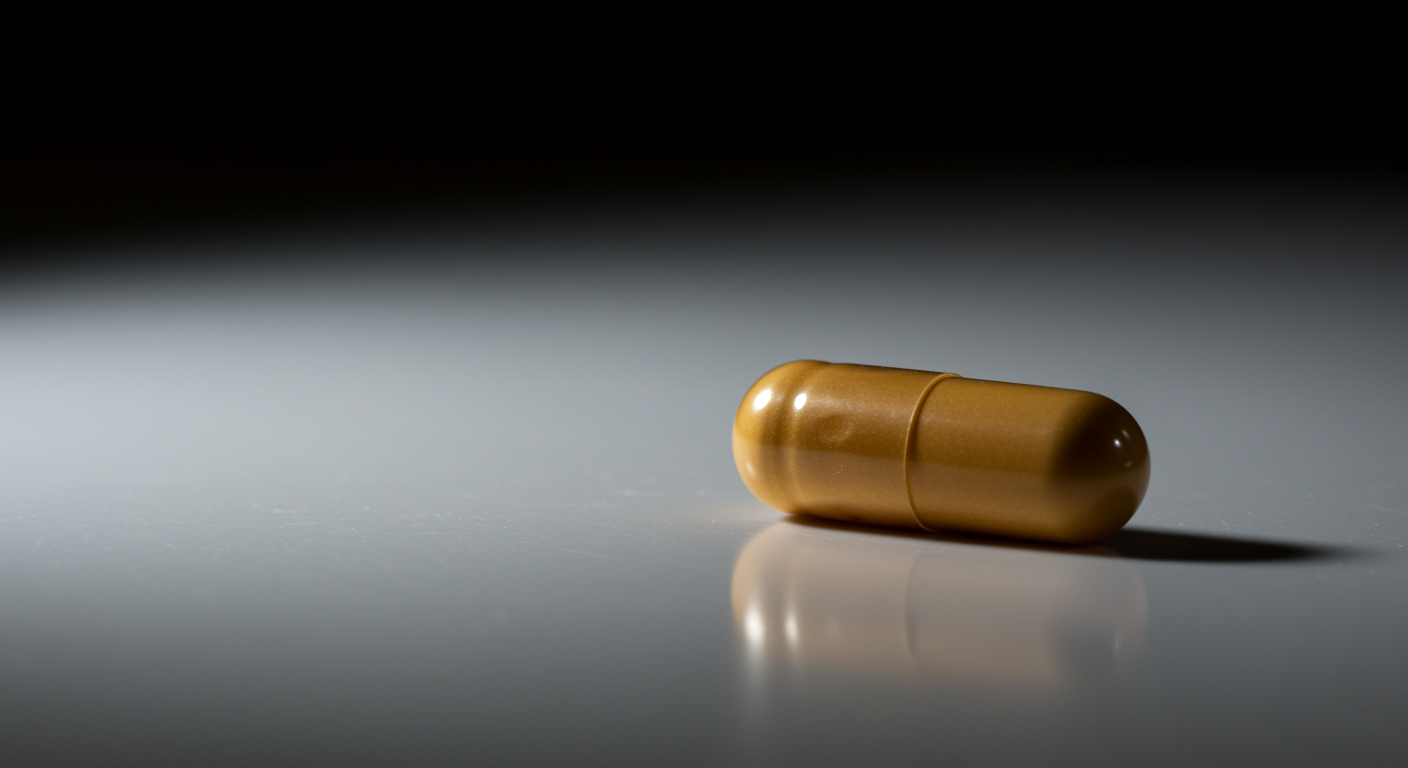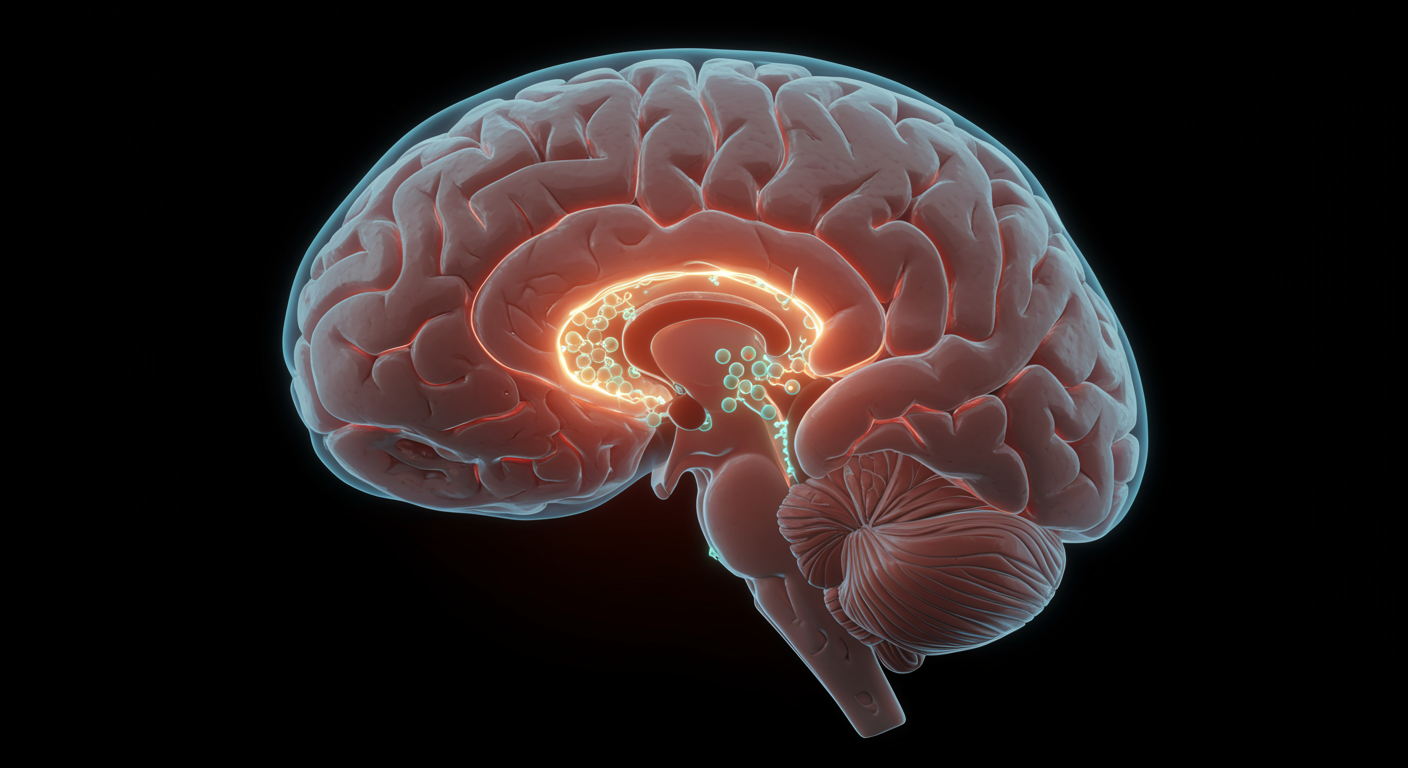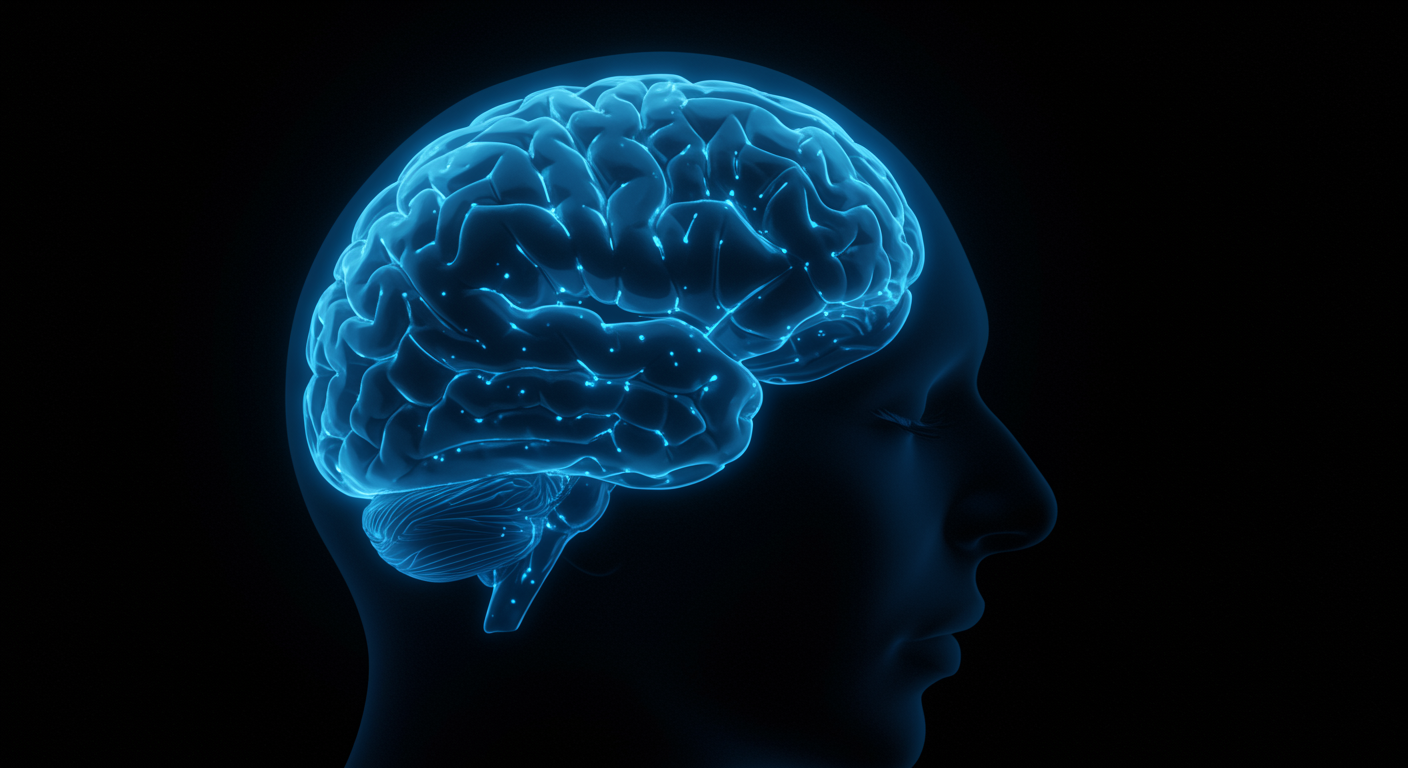How Carbohydrates Promote Sleep: The Science Behind Bedtime Snacks
Why Do Carbohydrates Make You Sleepy and Improve Sleep Quality?
Carbohydrates promote sleep through multiple mechanisms: enhancing tryptophan brain uptake for serotonin and melatonin production, triggering insulin release that activates sleep-promoting pathways, influencing circadian rhythm regulation, and affecting neurotransmitter systems that control sleep-wake cycles. The timing and type of carbohydrate consumption can significantly impact sleep onset, duration, and quality, making strategic carbohydrate intake a powerful tool for optimizing sleep naturally.









